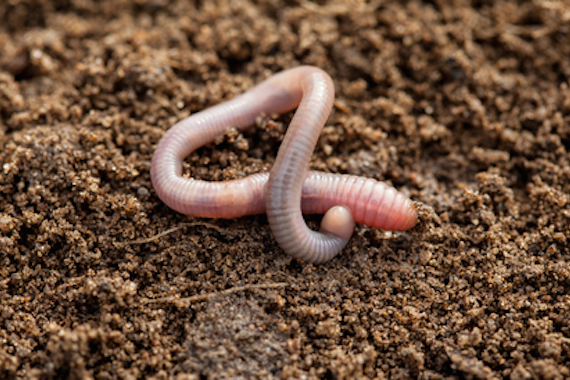International Seed Federation (ISF) has partnered with Fair Planet, an Israeli non-profit organization to launch a Seed Resilience project in Rwanda in a bid to boost farmers’ productivity and income through access to high-quality seeds.
The move is aiming at local farmers by providing them with high-quality seeds and training in modern farming techniques, which will help to increase crop yields and improve food and nutrition security in the country.
On why Rwanda is best placed for this project, Shoshan Haran, founder and president of Fair Planet sys that the country is characterized by a wide range of agro-climatic conditions with diverse cultural and farming practices.
“Agriculture is an important basis for the country’s socioeconomic structure and has a major influence on all the other economic sectors of Rwanda yet the farming system at small scale farmers’ level is mostly traditional and managed with simple production technologies and the average yield of the major crops is very low,” said Haran.
It follows therefore that with high-quality seeds developed for more diverse conditions such as drought resistance, disease tolerance and higher yield, it is believed that the project will be able to find suitable varieties to increase local farmers productivity and income.
The success of the project also has a lot to do with the regulations and openness of the Rwandan government.
Already Gerardine Mukeshimana, Rwanda Minister of Agriculture, has expressed the importance of collaboration on the seed system and extension services, to help smallholder farmers to be successful in their farming activities following a meeting with Haran.
“This means, there’s an eagerness present to help get farmers the best innovations they need to improve their livelihoods,” said Haran.
Rwanda’s export opportunities
Another reason that qualifies Rwanda for the project is the country’ wonderful export opportunities especially in the DR Congo where only a portion of land is arable and cultivated.
“Rwanda has a very high potential to become a significant exporter of crops to DRC, one of the world’s largest countries with more than 95 million people,” she says, adding that for the Seed Resilience project, they’re looking to empower farmers and give them the best possible future after the intervention is completed.
The right seed varieties
The next phase of the project will be to the right seed varieties for the growers since finding the market’s preferred seeds and the seeds that work best in the smallholder farmers’ environment is crucial to setting them up for success.
“We will focus first on identifying market needs and preferences for specific crops,” Haran says.
This is in addition to working to identify what crops Rwandan farmers need to grow to complement other locally grown foods.
“Rwanda needs cereals and grains to complement other foods grown locally. Out of the country’s total food production per year, only 6% are cereals and Rwanda is a net importer of grains and grain seeds,” she says.
“Production gaps per hectare are significant: for rice, wheat and potatoes the yield gaps are 37%, 43% and 50%, respectively, compared to the world average, and even less when compared to advanced markets.”
Rwanda also has a very low vegetable consumption rate, which leads to low vitamin and fiber consumption in their diets. Looking into vegetable varieties that perform well in the environment will help fill out their diets.
Fair Planet will be hosting open field day trials to showcase what they’re finding.
According to Hélène Khan Niazi, ISF’s international agriculture manager, this not only gives smallholder farmers a chance to see the varieties in action before trying them themselves, but it also allows Fair Planet to provide some education prior to planting.
“We are not looking for short-term solutions which keep farmers in a dependent state. We really wish farmers and all the agro-business to be able to make a living out their work. Our aim is to help build a sustainable system,” said Niazi.










[…] Credit: Source link […]
[…] Supply hyperlink […]
Comments are closed.